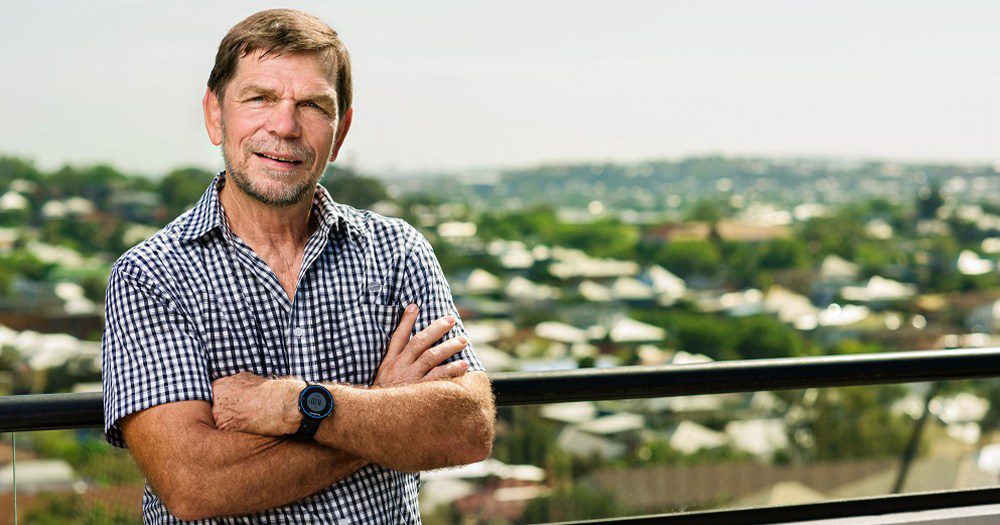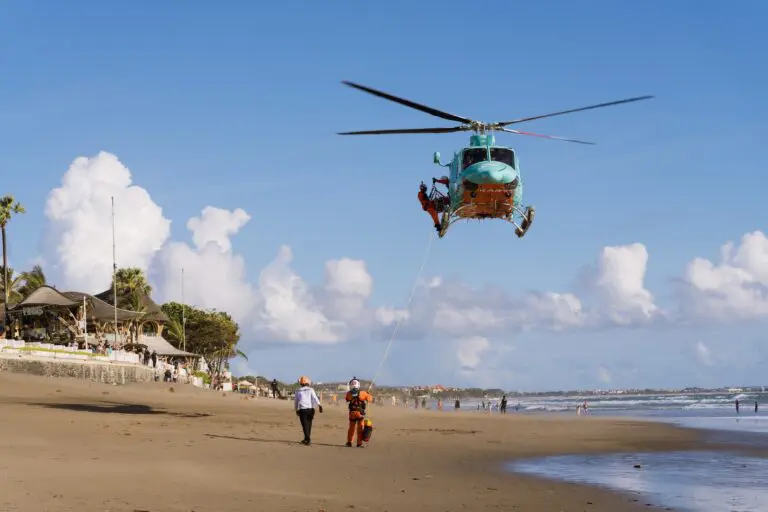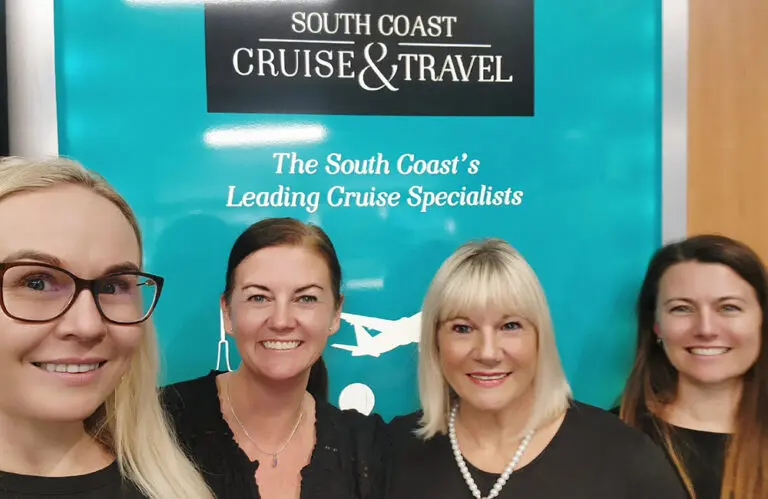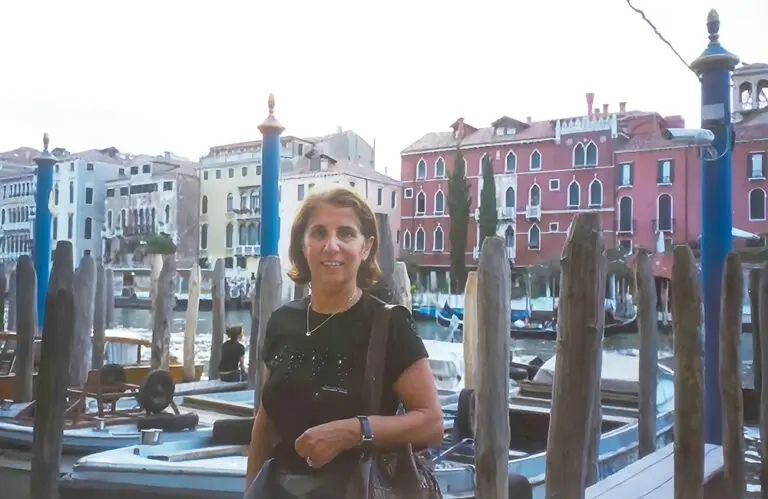Flight Centre co-founder and managing director Graham ‘Skroo’ Turner spoke on ABC Radio National’s Breakfast yesterday with host Fran Kelly before the Jobkeeper 2.0 formal announcement came through later that morning. Covering a number of topics, Skroo was as frank as ever about the impact of COVID-19. Here’s what he had to say.
Fran Kelly (FK): “At the start of this pandemic back in March, you stood down thousands of workers. How many of those staff are currently on JobKeeper? Will you keep them on beyond September when we get this revamped JobKeeper package?“
“Fran, in Australia, we started with about 10,000 people and we’ve stood down around 6,000. We’ve had to make about 1,500 of that 6,000 redundant, just because we could see this wasn’t going to come back for us for a while, and it would have been best for them to look for another role. So, we’ve still got about 5,000 on JobKeeper as well as people who are actually working for us still.”
FK: “The new JobKeeper payment, which we’ll get the value of today is thought to be around $1,200 a fortnight, that’s down from $1,500. Do you think that’s right? Do you think it’s fair enough the government cuts the rate?“
“Obviously, as a business, we’d prefer it to stay at $1,500, but it’s a case of affordability. It just means that as a business, you’ve got to make some tough decisions on that and whether you keep more people on, whether you can afford to keep more people on this, or perhaps more people go down to more part-time work.”
FK: “So just tell us a bit more about that. Currently, the $1,500 fortnight means that you’ve got that wage subsidy to pay people. If it’s only $1,200 a fortnight, it’s not so much money coming into you. It means hours will be cut or some people will lose their jobs altogether. Will it end in there?“
“It depends on the circumstances. The main thing we need next is the domestic borders to open so that we’ve got meaningful work. Most of our people now are pretty much fully employed on refunds. We’ve got, for example, in the Flight Centre brand, on the front line about 1500 or 1600 people. They’re obviously handling the enquiry, but there’s still a lot of work on refunds, which can be quite complicated.
“Also, we don’t know the detail. I do understand that it might be a situation where people who are part-time are only eligible for part of JobKeeper, so it’ll depend a bit on the detail. But it’ll obviously put pressure on us. We don’t have a lot of income at the moment, we’re doing a certain amount of leisure travel but it’s fairly small, perhaps 95% down.
“Whereas corporate, depending on which country we’re talking about, is generally about on average 80% down. So we don’t have a lot of income to support people, and we are relying particularly here on JobKeeper and other government schemes in some of the overseas countries.”
FK: “Can you survive without JobKeeper? Can you survive the coming months with these conditions? Given there’s no sign of the borders opening internationally, and they remained closed between a number of states now within Australia“.
“We’ve put a lot of work in right from the start when this came out in the middle of March to make sure we had a cash runway that would keep us going with very little income for up to 18 months, two years. So, we’re confident we can survive.
“We’ve raised a lot of money from bank resources, as well as capital raising. So, we’re confident as long as this doesn’t go on for more than two or three years, which we certainly hope it doesn’t.”
FK: “How much money has Flight Centre had to refund?“
“We refund when the money comes in from the operators, and I think so far it’s been about $600 or $700 million. We’ve still got about a billion to go, I believe in Australia.
“As airlines and tour operators cancelled tours, now they’re cancelling tours in the September quarter. So as that happens, they give us the money and we’ve got the money to refund to customers. So I believe there’s a bit over a billion to go, but hopefully, we will start booking other trips in the meantime.”
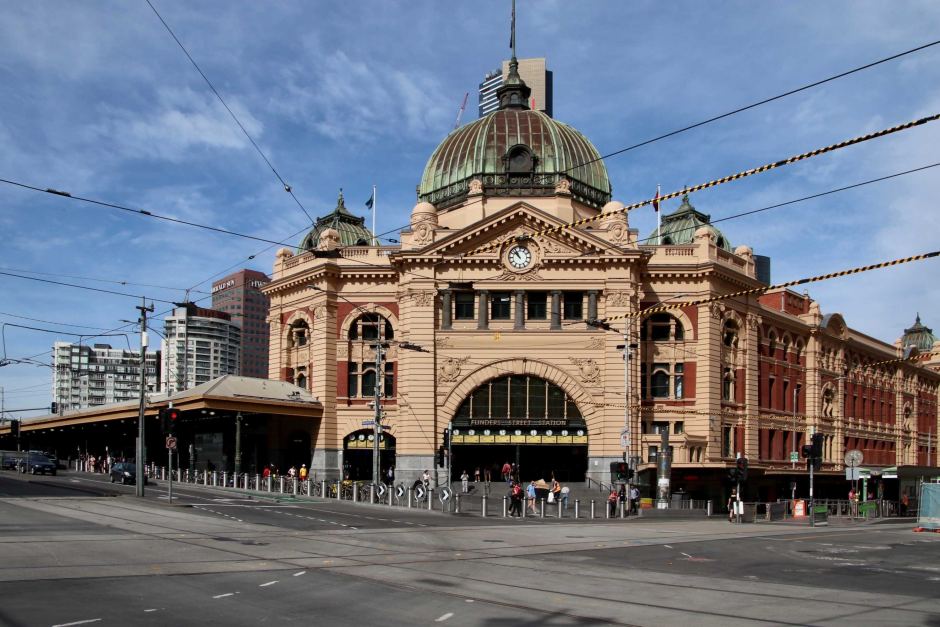
FK: “Well, that’s the big if, isn’t it? I mean, do you worry about the spike in Melbourne at the moment? We won’t see international borders opening back up for a long time, but there was the hope of an Australia, New Zealand bubble. Is that off in the near term now in your view?“
“In my view, we have to learn to live with this virus. It’s not going to go away, it’s not going to be eradicated, even in Australia and New Zealand. Even if we could get it down to very low numbers, it’s almost certainly going to come back in other ways, that’s the way it looks like it’s behaving. So, we have to learn to live with it.”
Graham ‘Skroo’ Turner, MD Flight Centre Travel Group
“I think the money needs to be spent in two things, really, protecting the vulnerable, and also, the testing and tracing, so that we’ve got the ICU capacity, but obviously, there’s a limit to what is politically acceptable. But I think learning to live with this is going to be really important. Over the next six months, I think you will see the domestic borders reopen, even though the virus is still around.”
FK: I’m just wondering what you think learning to live with it looks like? Because we’ve got millions of people in Melbourne in lockdown now in response to a spike in infections, which so far, the testing and tracing has not been able to turn into a flattening of that curve.
FK: “A week ago, you said that “Endless economic, social and community health damage will be caused if we continue to react with hard lockdowns.” But wouldn’t the economic damage be worse if the virus was able to spread even more than we’re seeing in Melbourne, not to mention the other costs?“
“It is a matter of flattening that curve a bit, but it’s where you put your resources. There’s been a huge amount of money put into JobKeeper, for example, which is fine. But I think if significant amounts of money had been put into testing and tracing and protecting the vulnerable it would be good because it’s very clear who is vulnerable to this disease and this infection.
“So, my view would be you need a lot more resources put into that because hard lockdowns haven’t really been shown to work any better than soft lockdowns or zonal lockdowns.”
FK: “Well, that’s not true, is it? I mean, Australia went into a relatively hard lockdown early on, and we nearly got rid of it. We got rid of it in several states“.
“Yes, but we didn’t. Where people do the harder lockdown, there’s no evidence that I’ve seen that it works any better than soft lockdowns or zonal. Which is what they’re doing, for example, in Europe, the UK and Europe now.”
FK: “Well, look what’s happening in the US where there are soft lockdowns, you might say, in some states where people are just ignoring them. It’s certainly not under control compared to how Australia managed it with a hard lockdown. That’s a clear difference, isn’t it?”
“Australia didn’t have a hard lockdown, Victoria did, but certainly, in Queensland where I live, it was a relatively soft one. I think in the (U.S) states, you make a good point, but I think it really is about how people handle this more than hard lockdowns. Governments need to get people on board to make sure they do the right thing.”
FK: “You’ve said it’s vital for Australia’s social, mental, and physical health of businesses and borders open back up. But in the case of Melbourne with the hundreds of new cases we’ve seen every day now for a couple of weeks, you can see that there is no other choice for Melbourne, other than to go into the six-week lockdown?“
“Well, I’m not an expert on it, but I don’t think hard lockdowns work. Unfortunately, I don’t think the world really knows exactly what is the best way to do it, and you just see the difference between Sweden and the UK. Sweden’s come out of this much better economically.”
FK: “Yes, but Sweden’s had a lot of deaths, a lot of deaths. I mean, this is the ultimate cost here, isn’t it? That we should be focusing on”.
“Yes, but Sweden’s had no worse death rate than the whole of Europe, and it’s better than the UK and Italy in that sense.”
FK: “But they’ve all got high death rates compared to Australia“.
“Exactly. Which basically means, I suppose, answers as to what the evidence that I’ve seen, hard lockdowns don’t work any better than softer lockdowns.
“If we have to live with this virus, we’ve got to work out how we can do the best with it without the huge economic damage because that has its cost in health, as well as social and business.”
READ: Bonus Credits: Jobkeeper 2-0 To Be Extended Until March 2021

